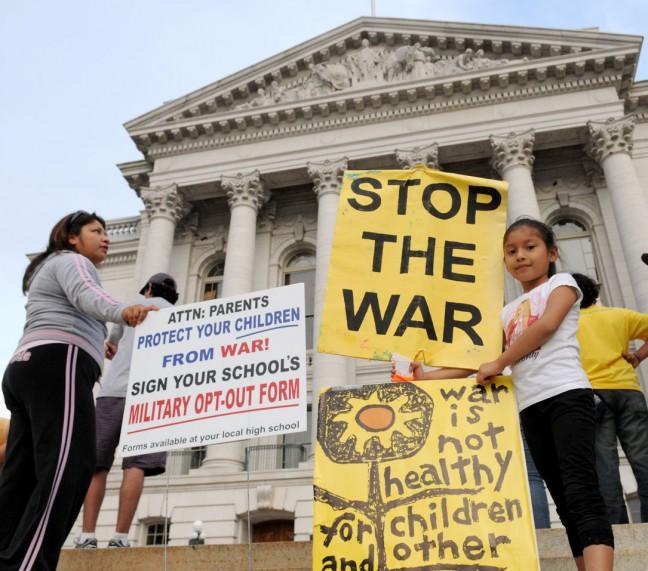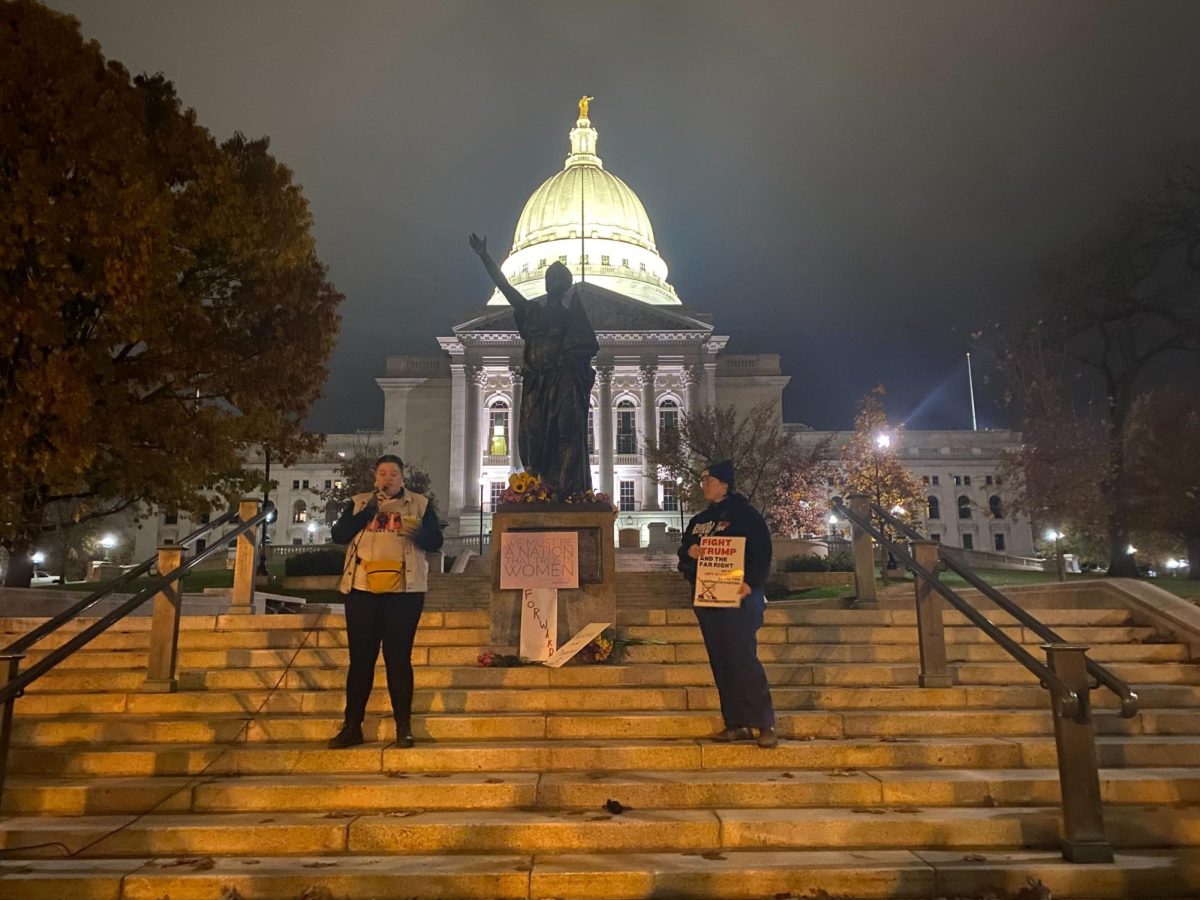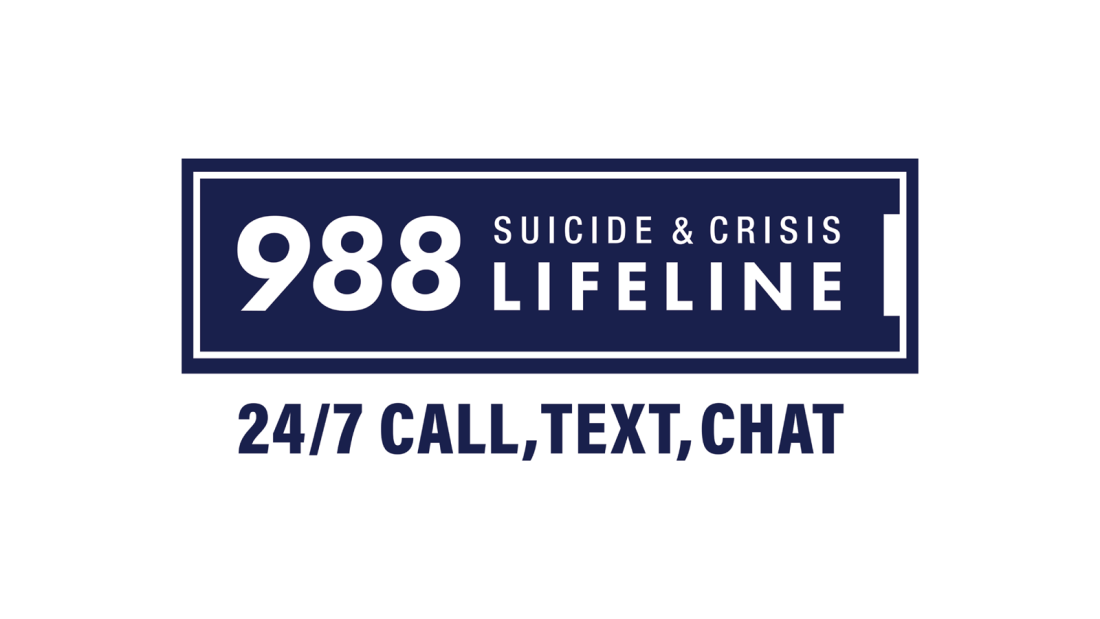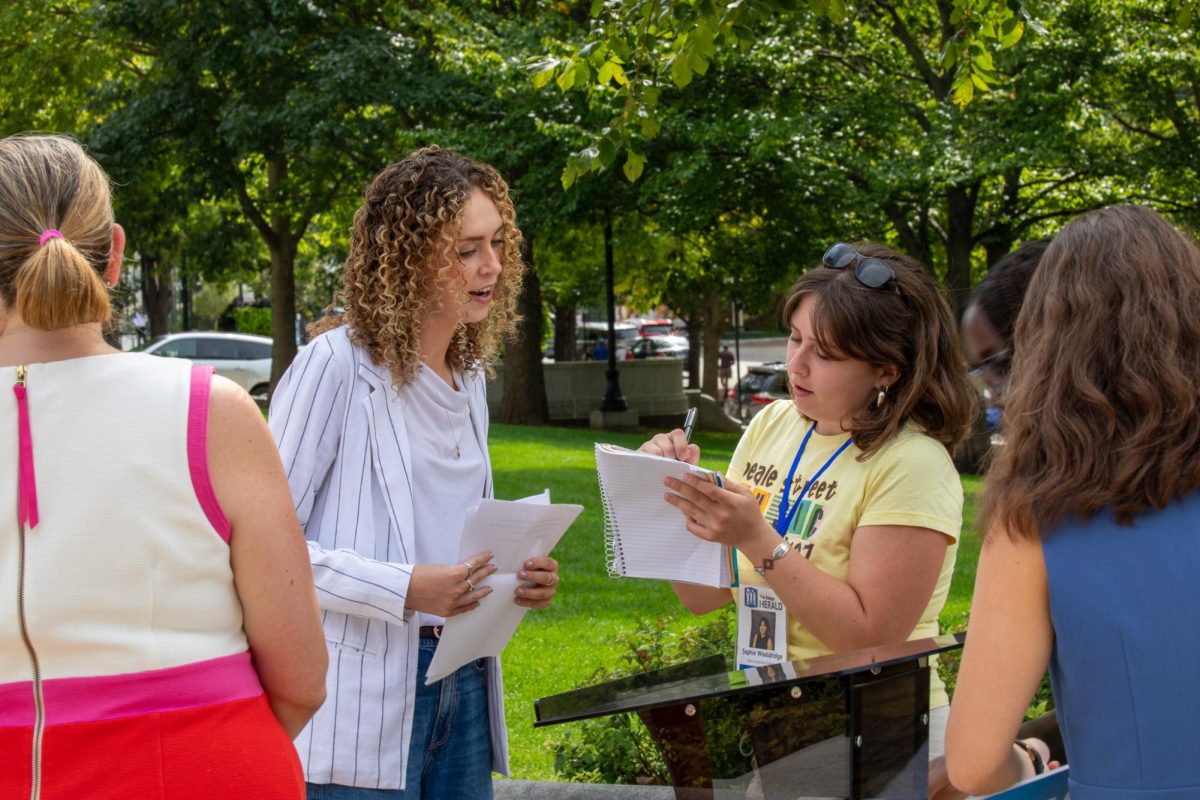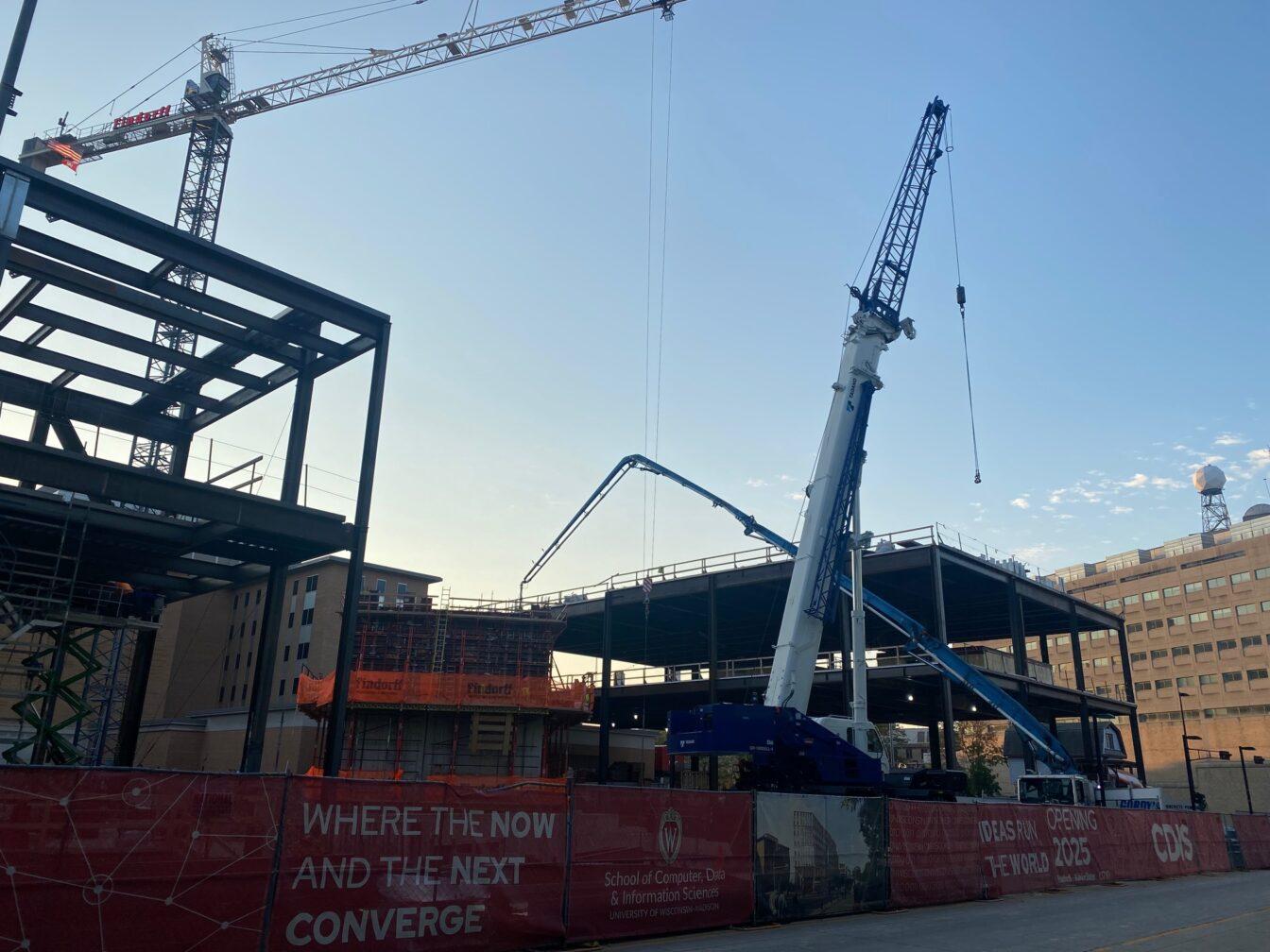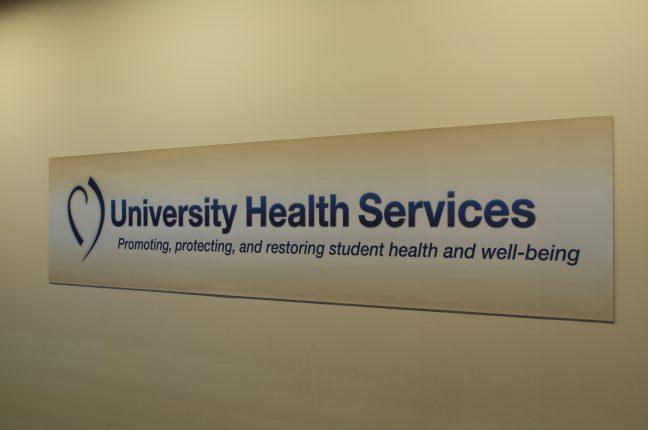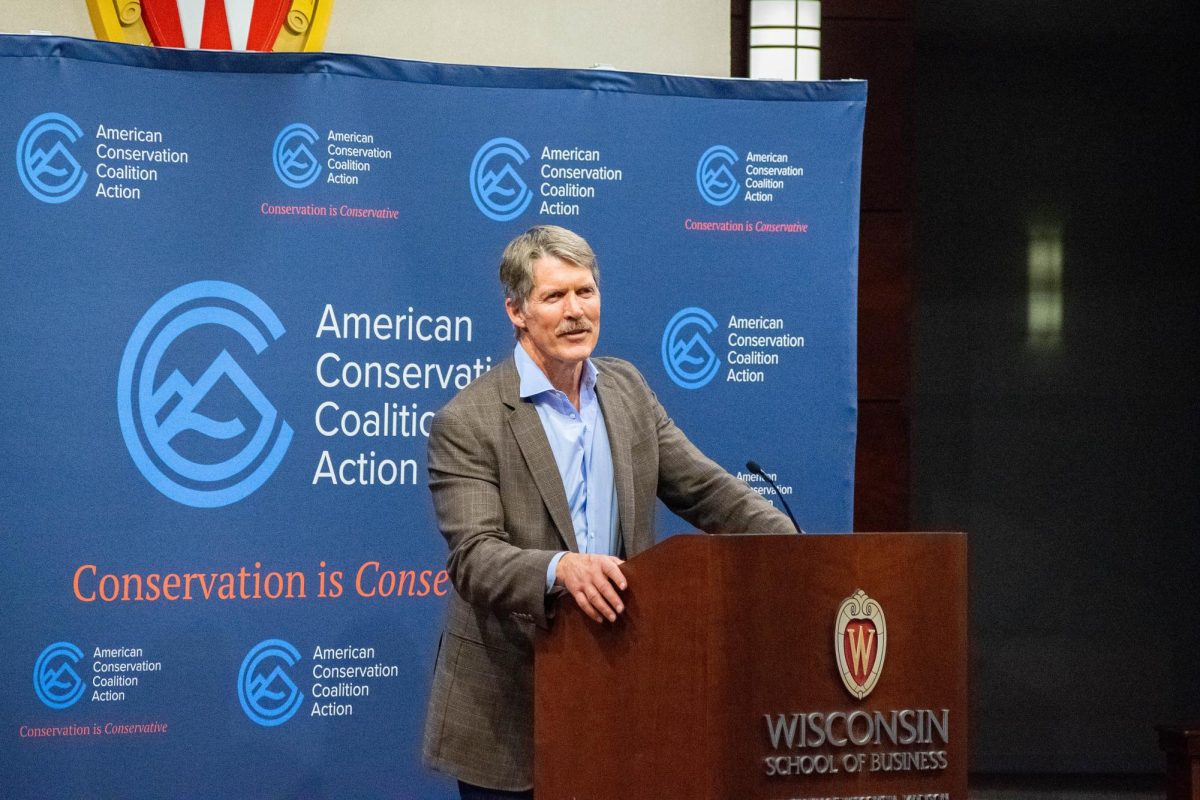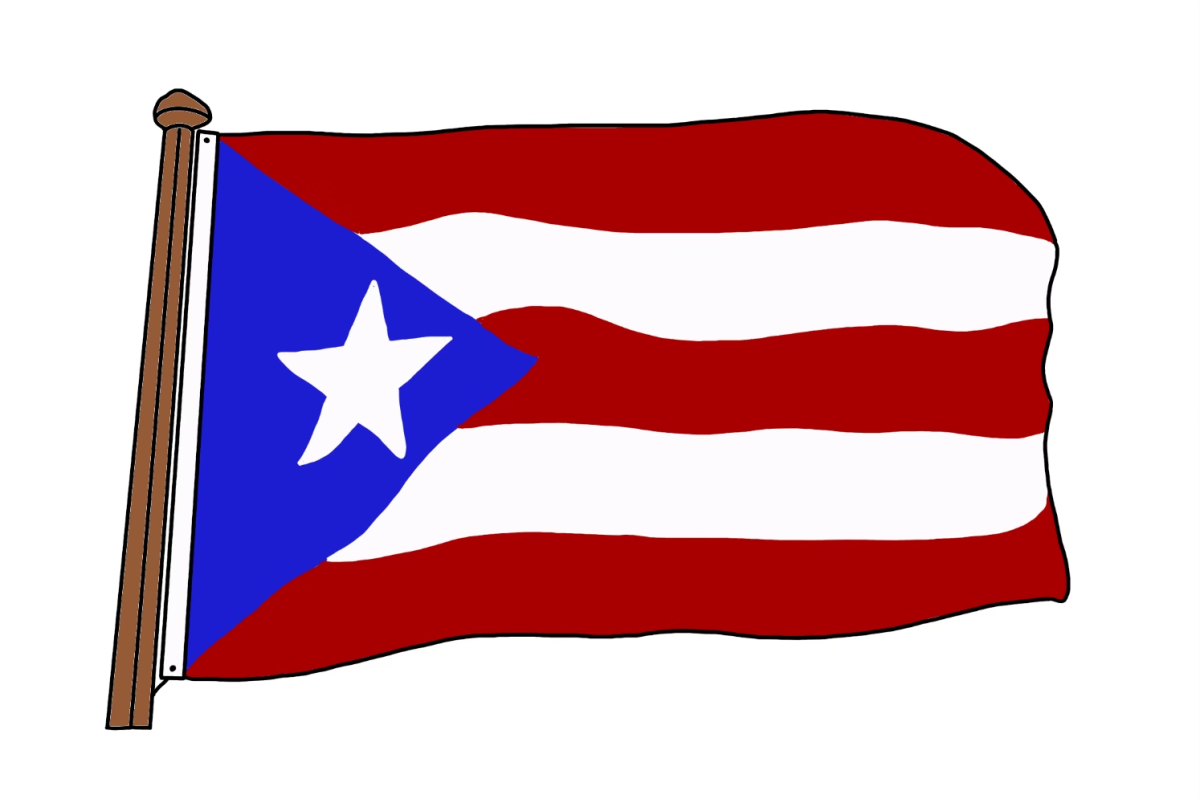The University of Wisconsin Multicultural Student Center hosted a panel Wednesday with immigration law experts to discuss potential policy changes as President-elect Donald Trump prepares to take his seat in Washington.
Instead of providing specific legal advice to attendees, guest panelists spoke broadly on current laws and possible changes.
Maryam Ghayyad, immigration attorney at Murphy Desmond Lawyers, said the government doesn’t have the resources to sponsor or fund the legislation Trump claimed he would pass if he became president.
“The infrastructure to go door-to-door to all the undocumented immigrants’ homes and then remove all these people isn’t there,” Ghayyad said.
Current F-1 and J-1 Visa holders in compliance with the terms of their visas, she said, are unlikely to suffer negative consequences when Trump takes office.
Policies most likely to change, though, according to Ben Harville, clinical instructor and immigrant justice clinic director at the UW Law School, are those that don’t require congressional approval to change and a lot of money.
Presently, Ghayyad pointed out, Trump’s 10-point immigration plan outlines his intention to “suspend the issuance of visas to any place where adequate screening cannot occur, until proven and effective vetting mechanisms can be put into place.”
Though it would be hard to remove refugees already allowed entrance, Trump could easily refuse to allow refugees from a certain region to enter the U.S., Harville said.
“The federal government has a tremendous amount of power to exclude people from the U.S., even for pretty arbitrary reasons, and the courts generally don’t get involved,” Harville said.
Despite such speculation, it is challenging to say what exactly will happen come Tuesday, Jan. 20, Ghayyad said. There may be restrictions on the issuance of some visas in the future. And while there has been talk about placing restrictions on Optional Practical Training for F-1 students, Ghayyad emphasized that it still remains to be seen.
ASM supports sexual assault survivors, undocumented students on campus
Additionally, there are already some issues in which Trump has retracted his initial plan of action, Ghayyad said.
One of these issues is the proposal of a Muslim registry. Ghayyad said that Trump has backed away from this idea and plans to, instead, turn toward “extreme vetting” of those entering the U.S.
Due to the fear of the changes that may come from a Trump presidency, an increased amount of people have been applying for citizenship which has been slowing down the process,Ghayyad said.
Harville also said because people are so uncertain of their future, they are falling prey to immigration scams. Harville urged people to be careful of these scams and instead seek help from a qualified immigration attorney.
“There is no need for panic right now, [don’t] make any hasty decisions,” Harville said.


